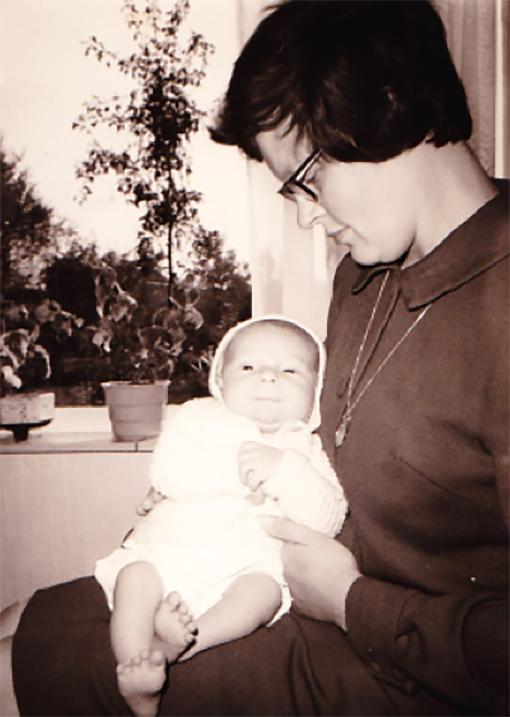Men, unlike women, do not have a menopause to say they cease to help in fertility but a recent study has found that the chance of natural conception can be affected by the age of the male partner, particularly in the genetic health of sperm cells.
Despite a wide belief and celebrity examples of Charlie Chaplin or Luciano Pavarotti, which have kept alive the notion that male fertility goes on forever, the new study in IVF couples shows quite clearly that live birth outcome is clearly affected by the age of the male partner.
“Our study found an independent effect of male age on the cumulative incidence of live birth,” said investigator Dr Laura Dodge from Harvard Medical School, Boston, USA. He will present the study’s results on Tuesday at the 33rd Annual Meeting of ESHRE in Geneva.
The study was an analysis of IVF cycles performed at an IVF centre in Boston between 2000 and 2014. About 19,000 cycles performed in 7,753 couples were analyzed. The female partners were stratified in four age bands: under 30, 30-35 years, 35-40 years, and 40-42. Men were stratified into these same four age bands, with an additional band of 42 and over.
As expected, the cumulative live birth rate was lowest in those couples where the female partner was in the 40-42 age band, and in this group the age of the male partner had no impact. In other bands of female age, the cumulative incidence of live birth was significantly affected by male partner age and was found to decline as the man grew older.
For example, in couples with a female partner aged under 30, a male partner aged 40-42 was associated with a significantly lower cumulative birth rate (46%) than a male partner aged 30-35 (73%). Similarly, in couples with a female partner aged 35-40 years live birth rates were higher with a younger than with an older male partner.
“Generally,” explained Dr Dodge, “we saw no significant decline in cumulative live birth when women had a male partner the same age or younger. Where we see significant decreases in the cumulative incidence of live birth is among women with male partners in the older age bands.”
Dr Dodge noted that in natural conceptions increasing male age is associated with a decreased incidence of pregnancy, increased time to pregnancy, and increased risk of miscarriage. The mechanisms are unclear but may include impaired semen parameters, increased DNA damage in sperm, and epigenetic alterations in sperm that affect fertilisation, implantation, or embryo development, she said.
This is the first study to calculate the cumulative incidence of live birth while jointly stratifying on multiple bands of both male and female age.

